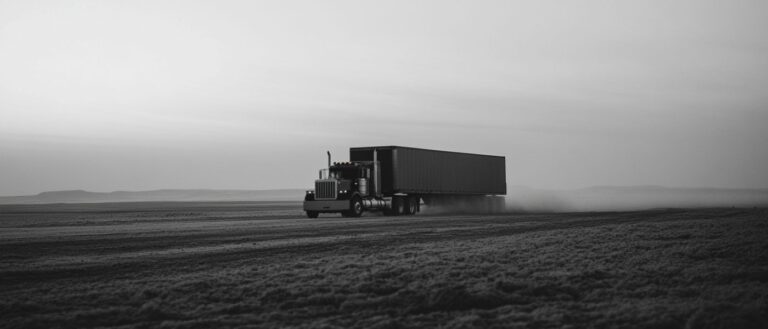Colorado’s Strict Liability Laws: Product Liability and Defective Product Claims
Colorado, like many states, has established strict liability laws to protect consumers from defective and dangerous products. These laws hold manufacturers, distributors, and retailers accountable for injuries or damages caused by their products, even if they didn’t act negligently. This article explores Colorado’s strict liability laws, product liability claims, and the legal recourse available to consumers who have suffered harm due to defective products.
Understanding Product Liability:
Product liability refers to the legal responsibility of those involved in the production and distribution of consumer goods for any harm or injuries those products may cause. Defective products can lead to a wide range of injuries, from minor inconveniences to severe, life-altering consequences. Colorado law recognizes three main types of product defects:
1. Manufacturing Defects: These occur during the manufacturing process, resulting in a product that is different from others of the same type and is more dangerous than intended.
2. Design Defects: These occur when a product’s design is inherently dangerous or flawed, making all items of that design unsafe.
3. Failure to Warn or Inadequate Instructions: Manufacturers have a duty to provide clear warnings and instructions for safe product use. Failure to do so can lead to liability if a consumer is injured due to a lack of warning or improper instructions.
Strict Liability Laws in Colorado:
Colorado follows the legal doctrine of strict liability in product liability cases. Under strict liability, plaintiffs (injured parties) do not have to prove that the manufacturer or seller was negligent. Instead, they need to demonstrate the following elements:
1. The product was defective – Either due to a manufacturing defect, design defect, or inadequate warnings/instructions.
2. The defect existed at the time of sale – The defect must have been present when the product left the control of the manufacturer or seller.
3. The defect caused the injury – The plaintiff must establish a direct connection between the product defect and their injuries or damages.
Legal Recourse for Defective Product Claims:
If you’ve been injured or suffered damages due to a defective product in Colorado, you have several legal avenues to seek compensation:
1. Product Liability Lawsuit: You can file a product liability lawsuit against the manufacturer, distributor, or retailer responsible for the defective product. This legal action can result in compensation for medical expenses, lost wages, pain and suffering, and other related damages.
2. Class Action Lawsuit: In cases where multiple consumers have been harmed by the same defective product, a class action lawsuit may be initiated. This allows multiple plaintiffs to join forces in seeking compensation.
3. Recalls and Regulatory Actions: In some cases, government agencies such as the Consumer Product Safety Commission (CPSC) may issue recalls or take regulatory actions against manufacturers of unsafe products.
4. Product Liability Insurance: Manufacturers and sellers often have product liability insurance to cover damages resulting from defective products. Your claim may be resolved through their insurance.
Colorado’s strict liability laws are designed to protect consumers from the harm caused by defective and dangerous products. If you’ve been injured or suffered damages due to a defective product, it’s crucial to consult with an experienced product liability attorney who can guide you through the legal process, help you understand your rights, and pursue the compensation you deserve. These laws aim to ensure that those responsible for placing dangerous products into the hands of consumers are held accountable for their actions, promoting product safety and consumer protection.

